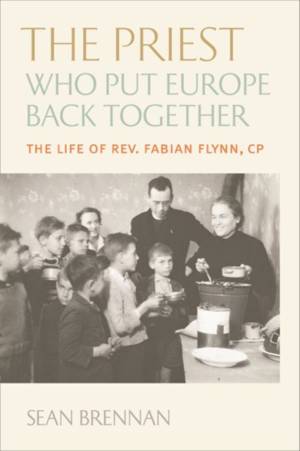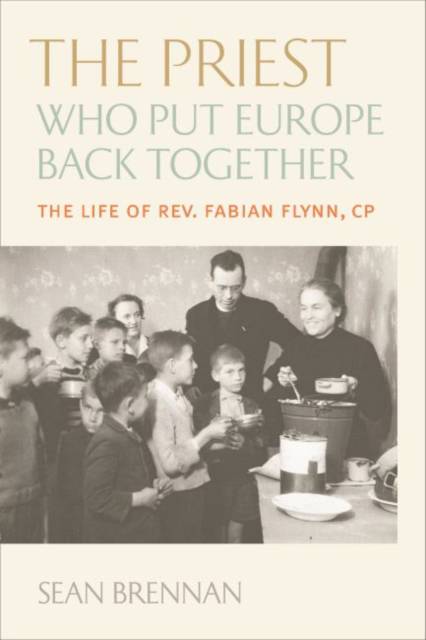
- Retrait gratuit dans votre magasin Club
- 7.000.000 titres dans notre catalogue
- Payer en toute sécurité
- Toujours un magasin près de chez vous
- Retrait gratuit dans votre magasin Club
- 7.000.0000 titres dans notre catalogue
- Payer en toute sécurité
- Toujours un magasin près de chez vous
The Priest Who Put Europe Back Together
The Life of Father Fabian Flynn, Cp
Sean Brennan
Livre broché | Anglais
57,95 €
+ 115 points
Description
Philp Fabian Flynn led a remarkable life, bearing witness to some of the most pivotal events of the twentieth century. Flynn took part in the invasions of Sicily and Normandy, the Battle of Aachen, and the Battle of the Hürtgen Forest. He acted as confessor to Nazi War Criminals during the International Military Tribunal at Nuremberg, assisted Hungarian Revolutionaries on the streets of Budapest, and assisted the waves of refugees arriving in Austria feeling the effects of ethnic and political persecution during the Cold War. The Priest Who Put Europe Back Together tells the story of this fascinating life. From solidly middle-class beginnings in Dorchester, Massachusetts, Flynn interacted with and occasionally advised some of the major political, military, and religious leaders of his era. His legacy as a Passionist priest, a chaplain in the US Army, and an official in the Catholic Relief Services was both vast and enormously beneficial. His life and career symbolized the "coming of age" of the United States as a global superpower, and the corresponding growth of the American Catholic Church as an international institution. Both helped liberate half of Europe from Fascist rule, and then helped to rebuild its political, economic, and social foundations, which led to an unprecedented period of peace and prosperity. His efforts on behalf of both his country and his Church to contain Communist influence, and to assist the refugees of its tyranny, contributed to its collapse. Flynn was one of the hundreds of Americans who put Europe back together after a period of horrendous self-destruction. In a twentieth century filled with villains and despots, Flynn played a heroic and vital role in extraordinary times.
Spécifications
Parties prenantes
- Auteur(s) :
- Editeur:
Contenu
- Nombre de pages :
- 312
- Langue:
- Anglais
Caractéristiques
- EAN:
- 9780813230177
- Date de parution :
- 05-12-18
- Format:
- Livre broché
- Format numérique:
- Trade paperback (VS)
- Dimensions :
- 152 mm x 226 mm
- Poids :
- 498 g

Les avis
Nous publions uniquement les avis qui respectent les conditions requises. Consultez nos conditions pour les avis.






